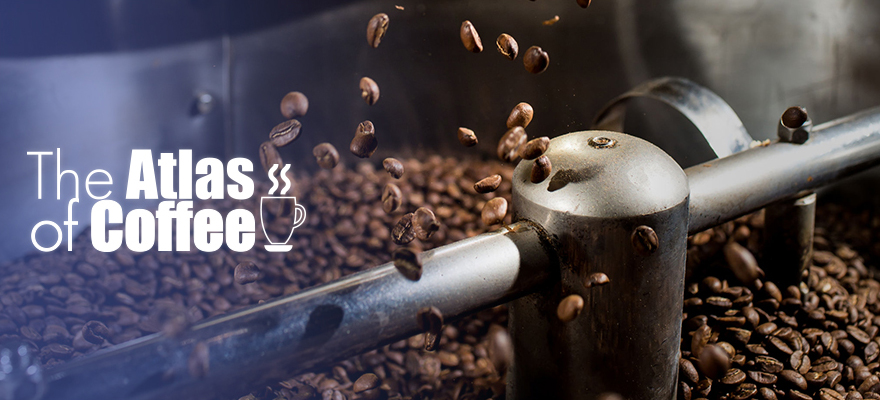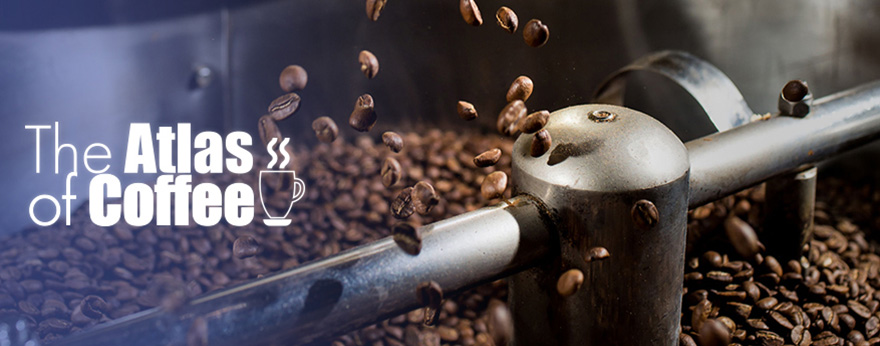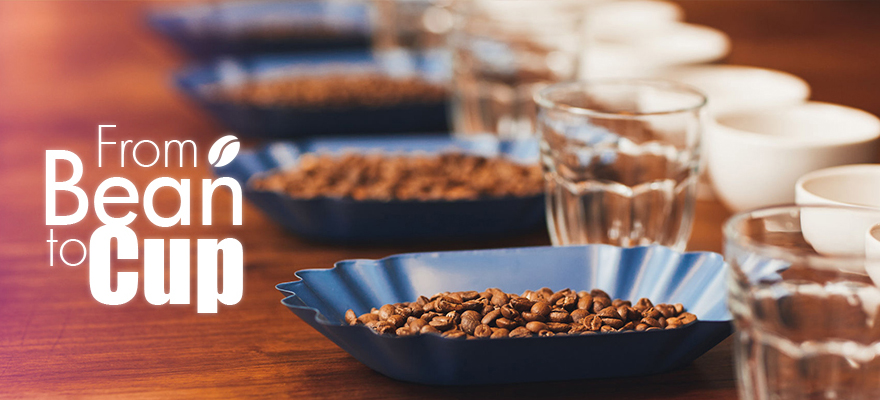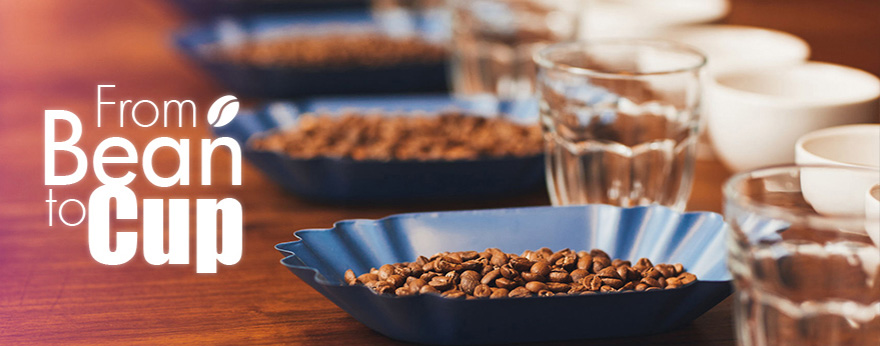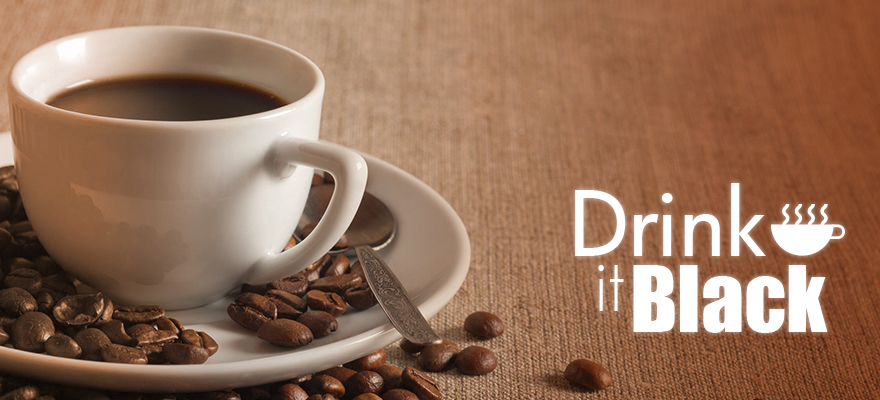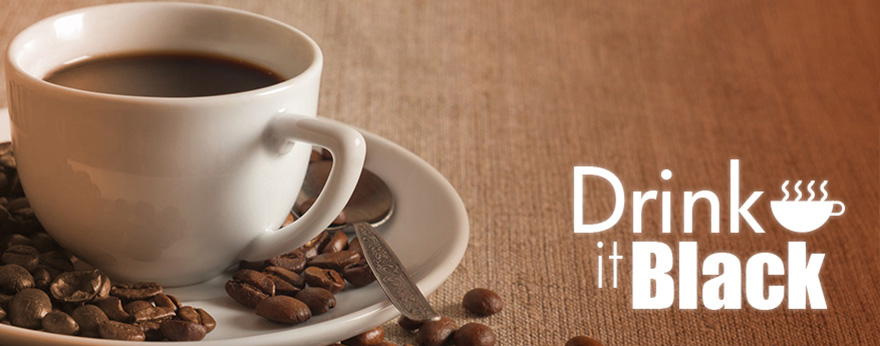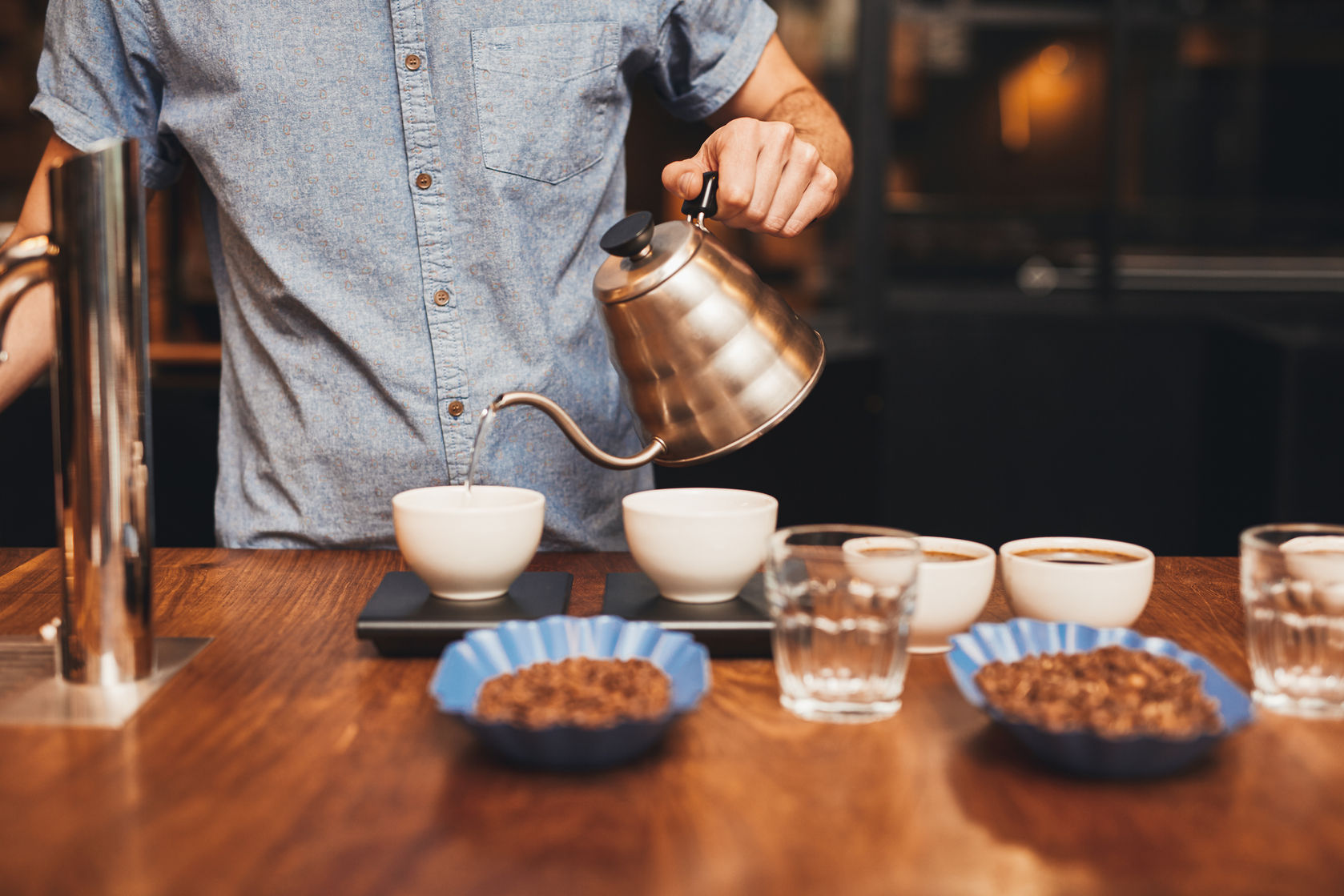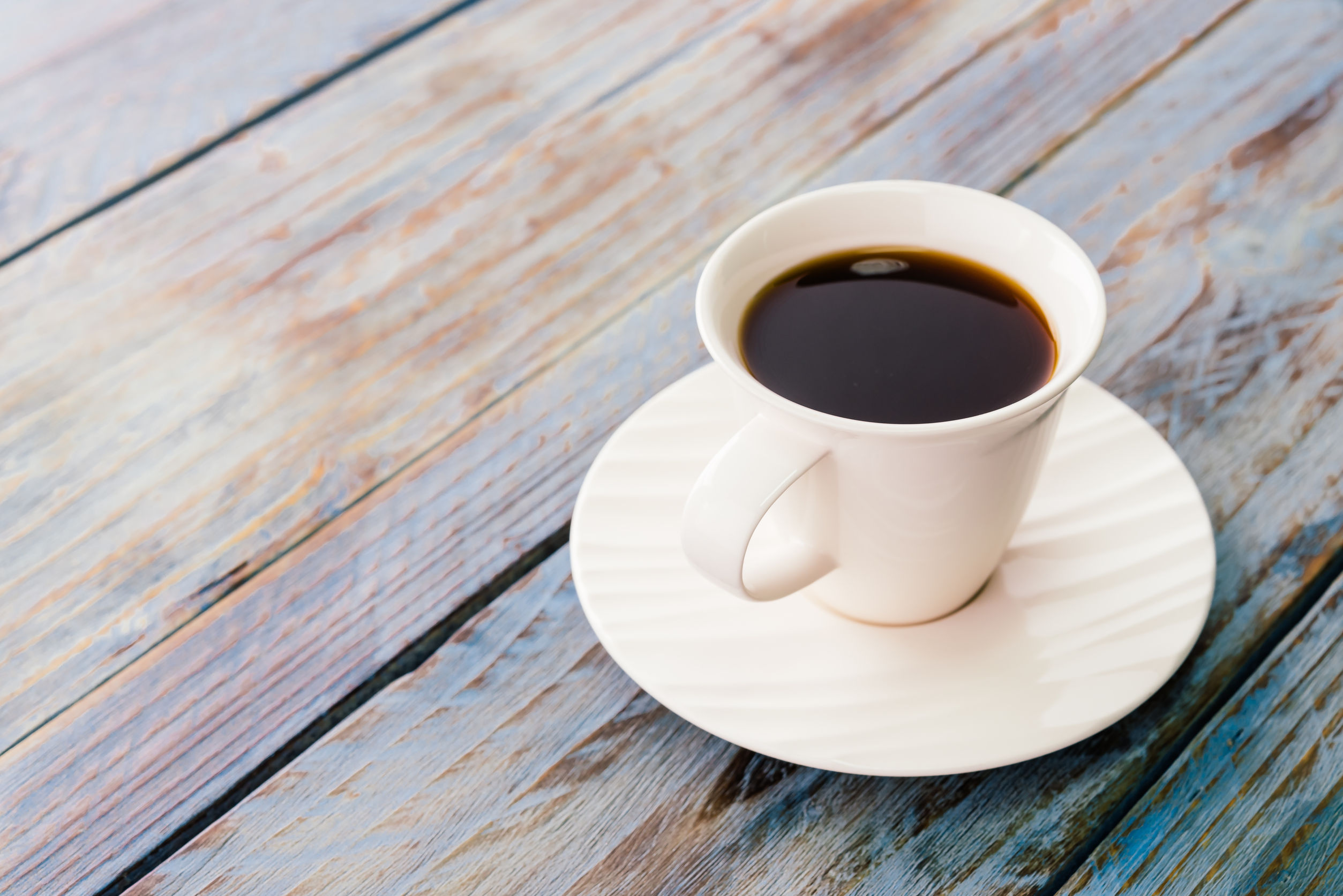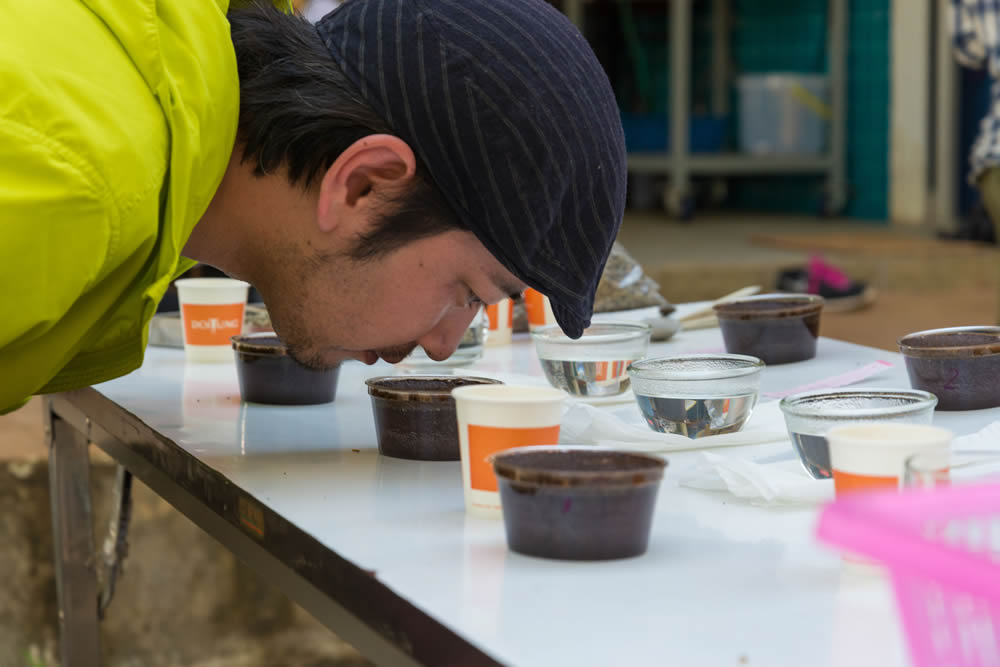Specialty Coffee
According to Specialty Coffee Association of America (SCAA), specialty coffee is hailed to be gourmet or premium coffee.

Specialty coffee is made of quality coffee beans grown in “climates perfectly suited to coffee plant growing”. Embodying tell tale flavors from the soils where they are cultivated, the coffee beans instill distinctive aromas and textures in what makes a specialty coffee. These coffee beans come from “climates perfectly suited for coffee plant growing”. A typically example refers to the Coffea Arabica, a species of coffea that embodies unique flavors and is lower in caffeine. However, cultivation in these regions are close to the equator, which accounts for its limited output and relatively high prices. A few of the most widely known varieties of the worlds Blue mountain coffee come from such places as Kenya, and Hawaiian Kona.
Instant coffee or canned coffee for example is made of Coffea Robusta. This species of coffea grows quickly and is easy to cultivate. The famous being in recent years is a Vietnamese Coffee, best-known for its uniqueness and characteristics of Robusta coffee. Robusta is about 200% higher than Arabica in the amount of caffeine it contains. It is also highly resistant to pests and disease, and produces large crop yield. It is, however, full of tainted and odd flavors, which makes it unattractive to both pests and human.
According to Don Holly, Administrative Director of SCAA, writing in 1999, Erna Knutsen (who is called the ‘godmother of coffee’ by some industry professionals) coined the term specialty coffee in 1978. Knutsen was describing coffees that came from “specific geographic microclimates and had unique flavor profiles”. She observed that not all coffees tasted the same, and the ones that were clearly differentiated by taste, in a good way, were specialty coffees.
In 2009, SCAA established a criteria necessary for raw coffee beans to be deemed specialty coffee: the coffee must meet a minimum cupping score of 80, which represents a comparatively scientific and objective standard. However, a minimum cupping score of 80’ is only one of the necessary criteria, but not the full criteria. In other words, coffees with a cupping score below 80 will not be graded specialty coffee, while coffees with a cupping score of 80 or above will not necessarily be graded as specialty coffee. The definition of a coffee as specialty coffee is up to the consumers. However, if a coffee garners with a cupping score of 80 or above from many Q-graders, its flavor and quality will be of a considerably high standard.
Join ISCC
Our Institute’s mission to cultivate the specialty coffee culture in Hong Kong.……………………………………………………. ………………..
Specialty Coffee
According to Specialty Coffee Association of America (SCAA), specialty coffee is hailed to be gourmet or premium coffee.…………………………..
Coffee Cupping
Similar to wine tasting, coffee cupping is the evaluation of coffee quality by such objective standards as sweetness, acidity, bitterness, aftertaste and aroma.




